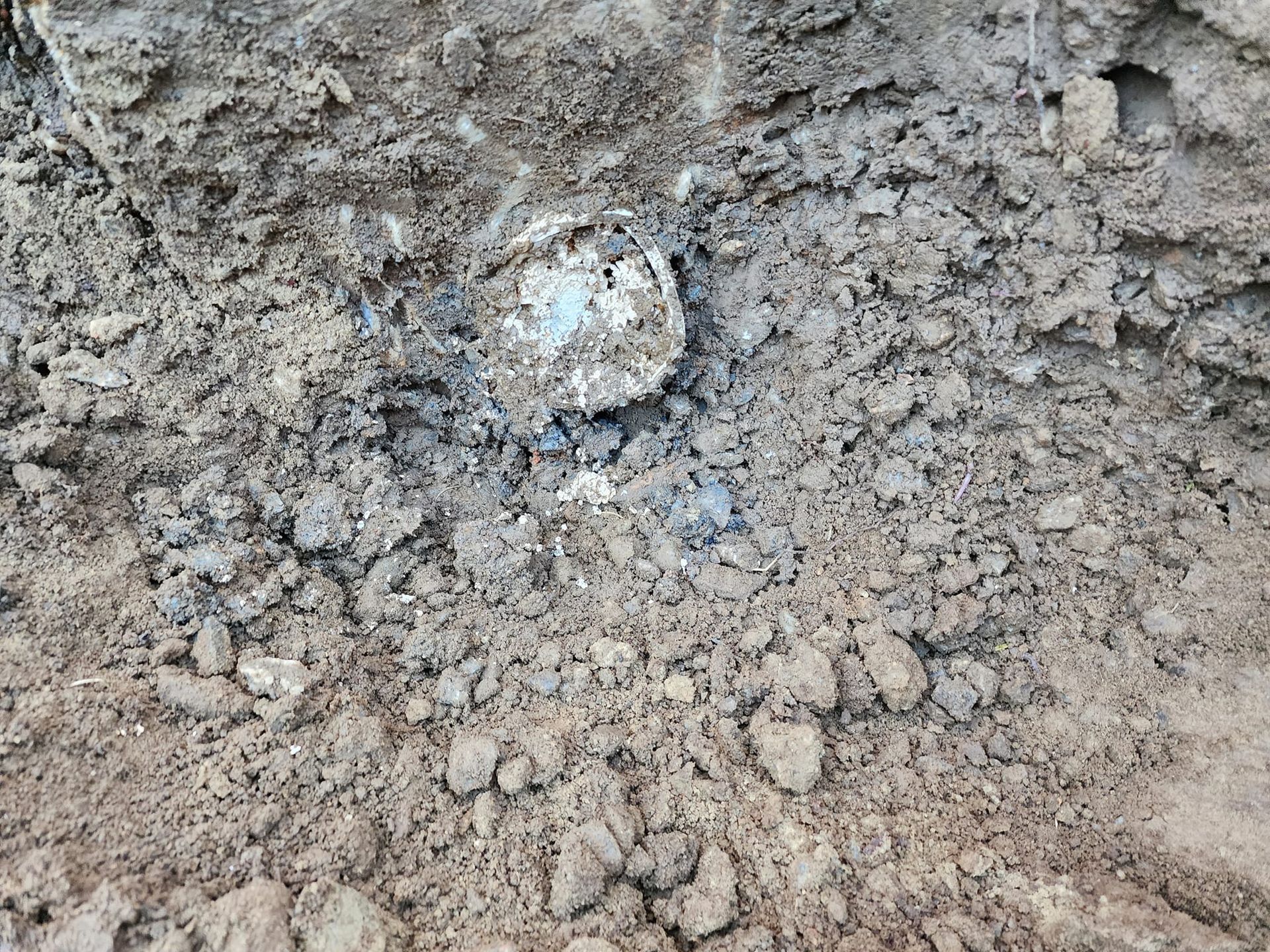Types of Septic
Types of Septic Systems
In residential waste management, septic systems play a pivotal role, efficiently and safely treating household wastewater. These systems are integral for treating and disposing of sewage on-site. To make informed decisions about waste management, homeowners should comprehend the various types of septic systems available.
Each system caters to specific needs, considering factors like property size, soil conditions, and local regulations. A clear understanding empowers homeowners to choose a septic system that aligns with their waste management requirements, promoting both efficiency and environmental responsibility.
Choosing the Right Septic System
When selecting a septic system, it's essential to consider factors such as property size, soil type, and local regulations. Homeowners can make informed decisions by consulting with professionals like EWS Septic.
This ensures that the chosen system is suitable for their specific needs. Proper system selection and installation are crucial for long-term functionality. They also ensure compliance with local regulations.
Different Types of Septic Systems
When it comes to septic systems, there are various types available to suit different property needs. Let's explore each type and understand how they work. This includes the septic tank, distribution box, and drain field. We’ll also look at their benefits and limitations.
This is the most common type used in residential areas. It consists of a septic tank that collects and separates solid waste from wastewater. The wastewater then flows into a distribution box, which evenly distributes it into the drain field for further treatment. Conventional septic systems are cost-effective and reliable. However, they require regular maintenance and can be affected by soil conditions.
Gravity-fed systems rely on the natural force of gravity. They move wastewater from the septic tank to the drain field, just like conventional systems. These systems are suitable for properties with sufficient slope or elevation difference between the house and the drain field. They are simple and cost-effective, but they may not be suitable for properties with challenging topography.
Chamber systems use lightweight plastic chambers instead of traditional drain field pipes. These chambers provide a larger surface area for wastewater treatment. They also allow for better distribution of effluent into the soil. Chamber systems are versatile and can adapt to various soil conditions. However, they may require periodic maintenance to prevent clogging.
Aerobic septic systems introduce oxygen into the treatment process. This promotes the growth of aerobic bacteria. They break down waste more efficiently. These systems are ideal for properties with poor soil conditions or high water tables. They provide enhanced treatment capabilities. However, they require electricity to operate and regular maintenance to ensure optimal performance.
Aerobic septic systems are similar to aerobic treatment systems. They use oxygen to enhance the treatment process. These systems are effective in breaking down waste and reducing the risk of groundwater contamination. However, they need electricity to work. They may also have higher installation and maintenance costs.
Drip distribution systems use small, controlled doses of effluent. They distribute it through a network of drip tubing. This system is suitable for properties with limited space or soil constraints. Drip distribution systems provide efficient and uniform effluent distribution. However, they require regular maintenance to prevent clogging of the drip lines.
Mound systems are designed for properties with high water tables or shallow soil depth. They involve the construction of an elevated mound of sand or gravel, which acts as the drain field for wastewater treatment. Mound systems provide effective treatment in challenging soil conditions. However, they may need extra space and maintenance.
Intermittent Sand Filter System
Intermittent sand filter systems use a layer of sand or other media to filter and treat wastewater before it is discharged into the soil. These systems are effective in removing contaminants. They are suitable for properties with specific soil conditions. However, they require periodic maintenance to prevent clogging and ensure proper functioning.
Recirculating sand filter systems operate by recirculating treated effluent back into the septic tank for further treatment. This process enhances the breakdown of waste and improves overall system performance. These systems provide advanced treatment capabilities. They require regular maintenance to prevent clogging and ensure proper operation.
Membrane bio reactor systems combine biological treatment with membrane filtration. This combination produces high-quality effluent. These systems are compact and efficient, making them suitable for properties with limited space. Membrane bio reactor systems provide excellent treatment capabilities. However, they may have higher installation costs.
Ultraviolet disinfection systems use UV light to kill harmful bacteria and pathogens in treated wastewater. Then, the wastewater is discharged. These systems provide an additional layer of protection and ensure the safety of the effluent. However, they require electricity to operate. They also need regular maintenance to ensure the effectiveness of the UV disinfection process.
Evapotranspiration systems rely on plants to absorb and transpire wastewater. This reduces the amount of effluent that needs to be discharged into the soil. These systems are suitable for properties with suitable vegetation and soil conditions. Evapotranspiration systems provide natural treatment. They can be aesthetically pleasing. However, they require careful plant selection and regular maintenance.
Sand filter systems use layers of sand and gravel to filter and treat wastewater. These systems effectively remove contaminants. They are suitable for properties with specific soil conditions. Sand filter systems require regular maintenance to prevent clogging and ensure proper treatment.
Glendon BioFilter systems use natural processes and synthetic materials to treat wastewater. These systems are environmentally friendly. They can be customized to meet specific site requirements. Glendon BioFilter systems provide effective treatment. However, they may need periodic maintenance to work properly.
Constructed wetland systems mimic natural wetlands to treat wastewater. They use plants, soil, and microorganisms. This combination removes contaminants and promotes natural treatment processes. Constructed wetland systems provide effective treatment. They can enhance the property's aesthetic value. However, they require space and regular maintenance.
Cluster or community septic systems serve multiple properties or buildings within a specific area. These systems involve a centralized treatment facility. They also have a distribution network to handle wastewater from multiple sources. Cluster or community systems provide cost-effective treatment solutions for densely populated areas. However, they require proper management and maintenance.
Maintenance and Care
Regular maintenance is vital for the proper functioning of septic systems. Homeowners should follow these tips to care for their septic systems:
Proper Waste Disposal
Avoid flushing non-biodegradable items, chemicals, or excessive amounts of grease down the drain. These can clog the system and disrupt the treatment process.
Regular Inspections
Regular pro inspections identify issues, ensuring optimal system function. Keep things running smoothly with scheduled check-ups by our skilled professionals.
Septic Tank Pumping
Regularly pump the septic tank to remove accumulated solids and prevent system failure. The frequency of pumping depends on the tank size and household usage.
Schedule Now
Reach out to us for immediate help with your septic requirements
Opt for EWS Septic for top-notch septic services. Rely on our know-how, professionalism, and complete solutions for tackling septic issues.
Get in touch today to book swift service or learn more about our committed offerings. We're dedicated to handling your septic issues with excellence and dependability.
All Rights Reserved | EWS Septic

